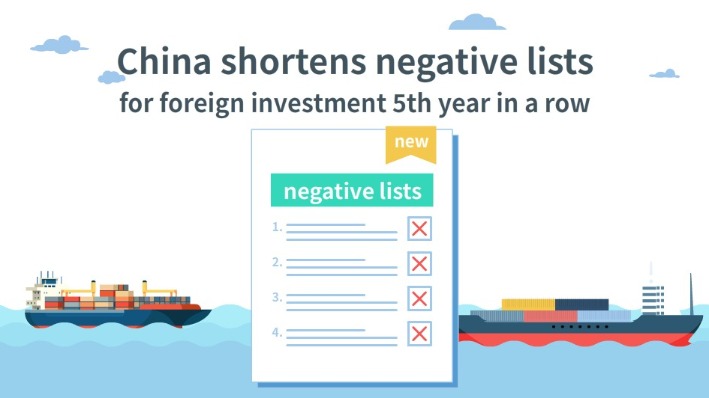Shanghai FTZ sees boom in cross-border e-commerce models

The China (Shanghai) Pilot Free Trade Zone. [Photo/yicai.com]
The China (Shanghai) Pilot Free Trade Zone (FTZ) has seen a rapid growth in new business models of cross-border e-commerce.
In 2018, the transaction scale of China's cross-border e-commerce reached 9.1 trillion yuan ($1.36 trillion). From 2013 to 2017, the compound annual growth rate of China's cross-border e-commerce was as high as 26 percent. The penetration rate rose from 12 percent in 2013 to 29 percent in 2017.
As cross-border e-commerce becomes more and more popular, the Shanghai FTZ constantly promotes functional innovation while carrying out institutional innovation.
Combined with regional characteristics, the Shanghai FTZ has adopted multiple modes to promote cross-border e-commerce operations.
In the past, the long cycle and high cost of transfer have always been the pain points for consumers fond of cross-border online shopping. In this regard, the Shanghai FTZ has provided a number of preferential policies such as low tariff rates for the development of cross-border e-commerce business.
In particular, with bonded warehouses, overseas goods can be directly delivered and cleared within the territory after leaving the warehouse, which can save at least one day in the transit link and reduce logistics costs by 90 percent compared to direct mail.

Wang Peng, head of a cross-border e-commerce platform in the Shanghai FTZ. [Photo/china-shftz.gov.cn]
"As consumers' tastes upgrade, they look for better products. I think this is not only a trend in China, but also a trend in the world. People's pursuit of quality can drive the progress of this industry," said Wang Peng, head of a cross-border e-commerce platform in the Shanghai FTZ.
In addition, the launching of new regulations on cross-border online shopping also promotes the healthy development of new business models of cross-border e-commerce.
According to new regulations, China will adjust its import tax policy for cross-border e-commerce retail from Jan 1 this year. Specifically, it will raise the ceiling on the number of goods eligible for preferential tax policies and expand the scope of the goods list.
Industry insiders believe that this will help citizens to enjoy high-quality imported goods, promote the consumption upgrading of residents and the transformation and upgrading of the economic structure.


 Foreign investors have faith in China
Foreign investors have faith in China  The RCEP era begins
The RCEP era begins  Yangtze River Delta integration: 3 years on
Yangtze River Delta integration: 3 years on  play
play 